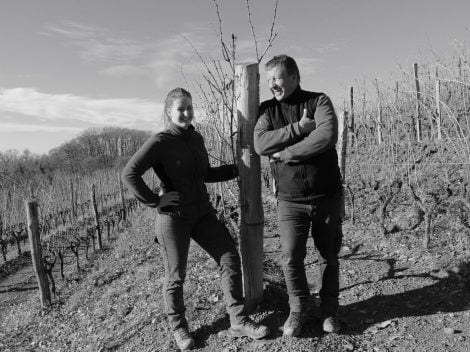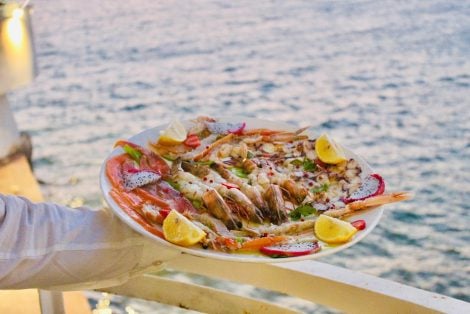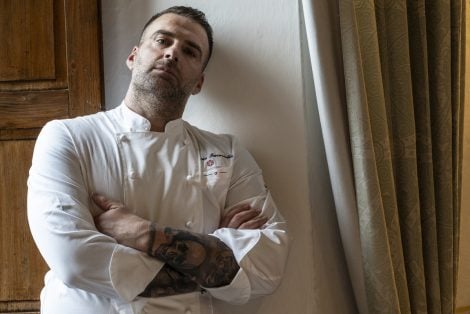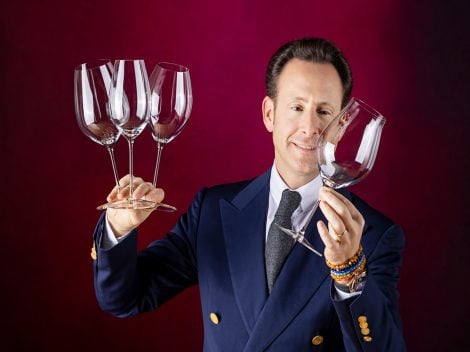Fresh from the celebrations for the thirtieth anniversary of his Francescana, Massimo Bottura adds another accolade to his already extensive palmarès: the nomination as Master of the Art of Cuisine. A long-anticipated victory which—he says—"I do not feel is merely a personal award, but rather a tribute to a life dedicated with passion, discipline, and love to cuisine." On 2 April, at Palazzo Chigi, Prime Minister Giorgia Meloni conferred the titles of Masters of the Art of Italian Cuisine (see the full list here), a title directly reminiscent of its French counterpart. The most renowned Italian chef in the world saw his commitment rewarded: "For me, cuisine has always been much more than a profession: it is culture, identity, memory, and above all, sharing," he said. "Cuisine has helped us reassure the souls of people in difficulty through Food For Soul, it has helped us create Tortellante, to give autonomy and dignity to young people on the autism spectrum." We interviewed the Modenese chef to reflect on these three decades.
We take this award as an opportunity for some reflections on the past 30 years. What have been the key moments?
First and foremost, the opening in 1995, when Osteria Francescana was born in the heart of Modena. At the beginning, it was a countertrend project, a small restaurant with big dreams, in a context dominated by Emilian culinary tradition.
How did it go?
The early days were not easy: my cuisine—call it what you will: innovative, conceptual, tradition in evolution—was disorienting. Local critics and many customers did not understand the critical and never nostalgic approach to traditional cuisine.
But recognition eventually came...
Yes, in 2002, the first Michelin star was a key milestone: it was the first major official recognition. The Michelin star gave legitimacy to the project and began to put Francescana on the map beyond Italy.
At some point, the international scene took notice of you...
Between 2006 and 2011, it was a time of international ascent; our cuisine continued to evolve and refine its vision: dishes like Oops! I Dropped the Lemon Tart, Camouflage: Hare in the Woods, or The Crunchy Part of the Lasagna were created and became icons. In 2011, we received the third Michelin star.
Then came global recognition
In 2016, when Osteria Francescana reached its peak: it was named the best restaurant in the world by The World’s 50 Best Restaurants. A triumph for contemporary Italian cuisine (which was repeated in 2018).
By then, 20 years had already passed
From 2015 onwards, we felt the need to expand the scope of our work. To push cuisine beyond the plate. To give back, to share, to turn success into responsibility. This is how social and cultural projects were born. Food for Soul was created, together with Lara (Gilmore, editor’s note). A simple but ambitious project: to fight food waste and promote social inclusion through beauty (the Refettorio project is now active in many countries around the world). At the same time, in Modena, we launched a project that is very close to our hearts: Il Tortellante (which later became a case study). A workshop where young people with autism spectrum disorders learn to make fresh pasta, with their hands and their hearts. Together with the rezdore, the custodians of Modenese traditions, these young artisans find a space for growth, autonomy, and dignity.
How have the last 10 years been?
Between 2015 and 2025, Osteria Francescana has become more than just a restaurant. It has become an ethical laboratory, a catalyst for ideas, a driver of cultural transformation. Because today, cooking also means taking care of the world around us. And using our voice, our visibility, to give a voice to those who do not have one.
But in the meantime, the world also stopped with the Coronavirus...
2020 was a time of pandemic and reflection: during COVID-19, we created KQ Bottura Kitchen Quarantine, connecting for 79 live broadcasts on Instagram Live. It was a moment of deep reflection on the role of the restaurant industry, on family, on food waste in our homes, but also a way to share a difficult daily reality with the whole world.
And now we arrive at today...
The evolution continues: thirty years after its birth, Osteria Francescana remains a creative laboratory, continuing to evolve our cuisine, surfing the times we live in, intertwining art, memory, and innovation.
Who have been your mentors and most influential figures?
My path has been shaped by skilled hands and generous hearts, by voices that have guided me in moments of doubt, and by gazes that have seen beyond. It all began within the walls of my home, with my mother, Maria Luigia, a silent yet profoundly present figure. With her, I learned that cooking is not just about feeding but about caring. Every gesture in her kitchen was a caress, every recipe an act of love, passed down without words but engraved in memory. Beside her was Lidia Cristoni, the cook at the trattoria where I grew up. Lidia was fire and substance, tradition repeated faithfully but with an enchanting strength. From her movements, I absorbed the rhythm of Emilian cuisine: sincere, intense, deeply human.
It wasn’t just Modenese cooks...
Then life took me far away, to other worlds; and I met Georges Coigny, my first true master of technique. From him, I learned the rigor of French cuisine, absolute respect for the ingredient, the discipline that makes inspiration possible. He taught me that to break the rules, you first have to know them inside out.
And Alain Ducasse?
Alain Ducasse showed me the way of precision and elegance. His approach to cuisine is like a symphony: every note is studied, every detail counts. With him, I understood how important harmony is, not just on the plate but in leading a team and building a dream.
What could be done to improve the restaurant industry?
The restaurant industry is a fragile, living, complex ecosystem. It is not just a profession, it is a language, a cultural and social act, a responsibility. To improve it, to truly make it grow, we need a collective effort, a new alliance between those who create, those who tell the story, and those who govern. Chefs, more than ever, must be more than just executors of dishes. They must be narrators of territories, guardians of memory, but also visionaries of change.
In what way?
We must cook not only with taste in mind but with a gesture that speaks of sustainability, ethics, and dignity. It means valuing small producers, reducing waste, giving space to young talents, and promoting a cuisine that is not just for the few but has positive impacts on the world around it.

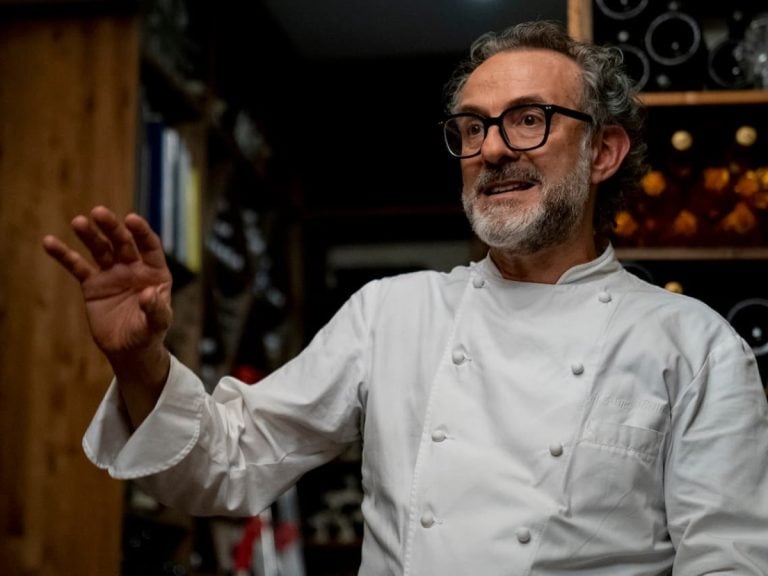
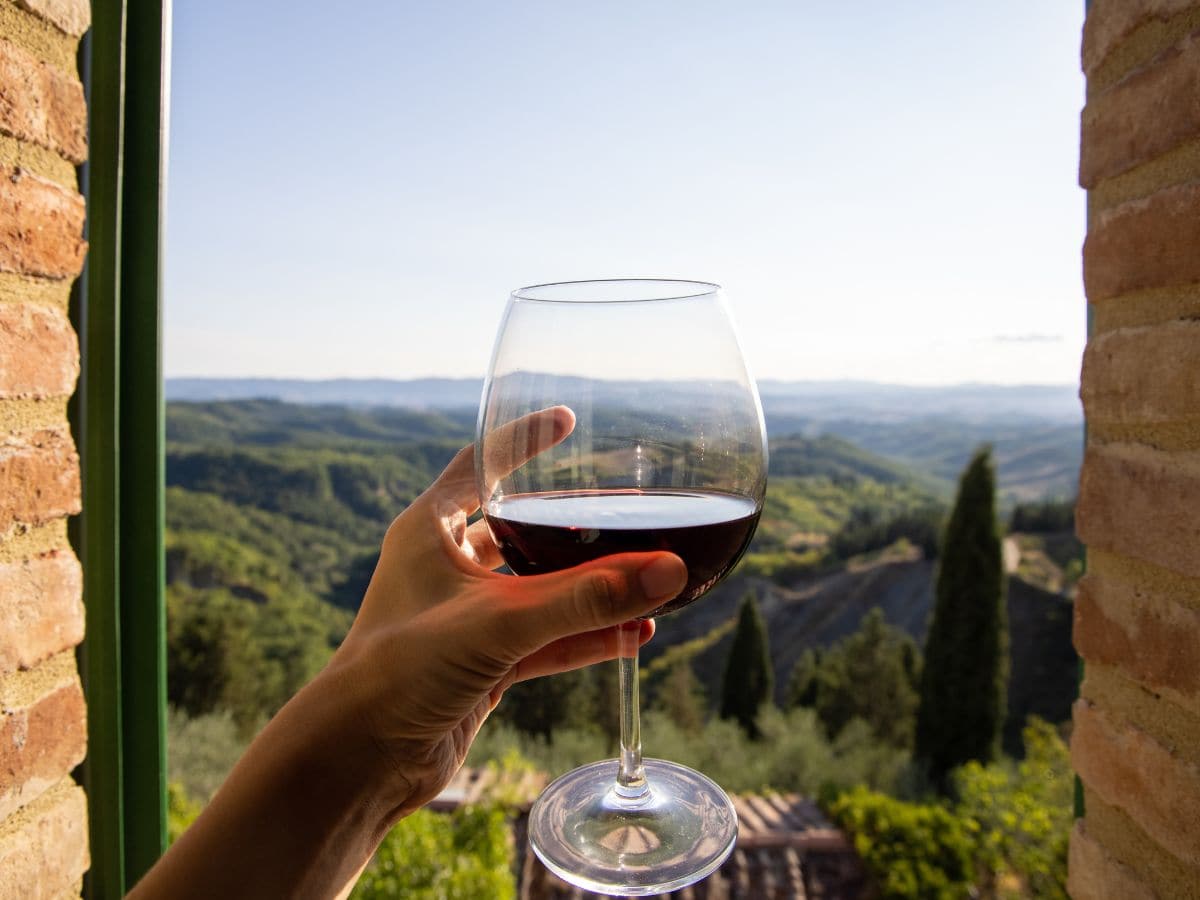 The 14 Rosso di Montalcino wines with the best quality-price ratio
The 14 Rosso di Montalcino wines with the best quality-price ratio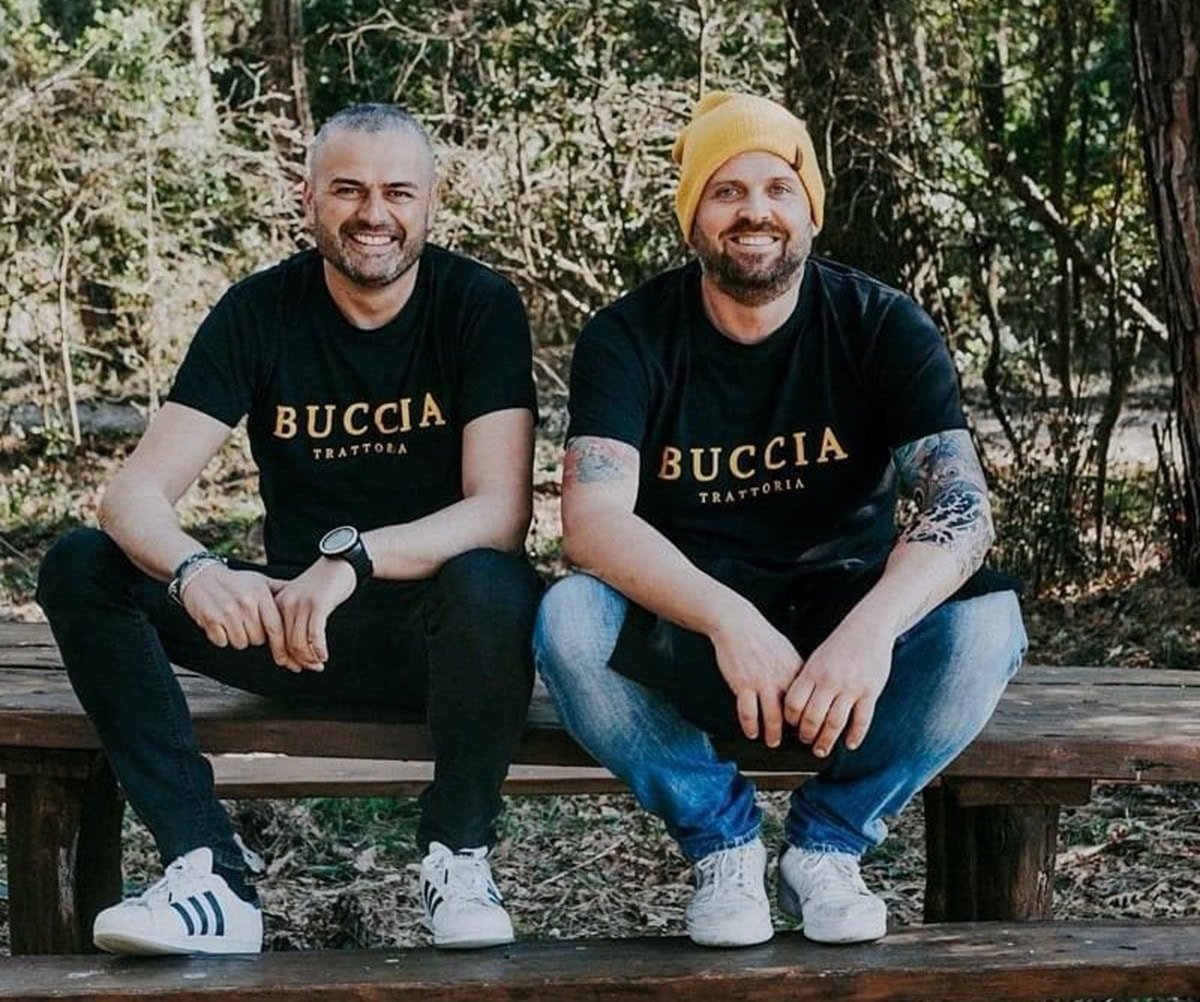 One of Lazio’s best trattorias opens a bakery and a seafood restaurant: here are Buccia’s new projects
One of Lazio’s best trattorias opens a bakery and a seafood restaurant: here are Buccia’s new projects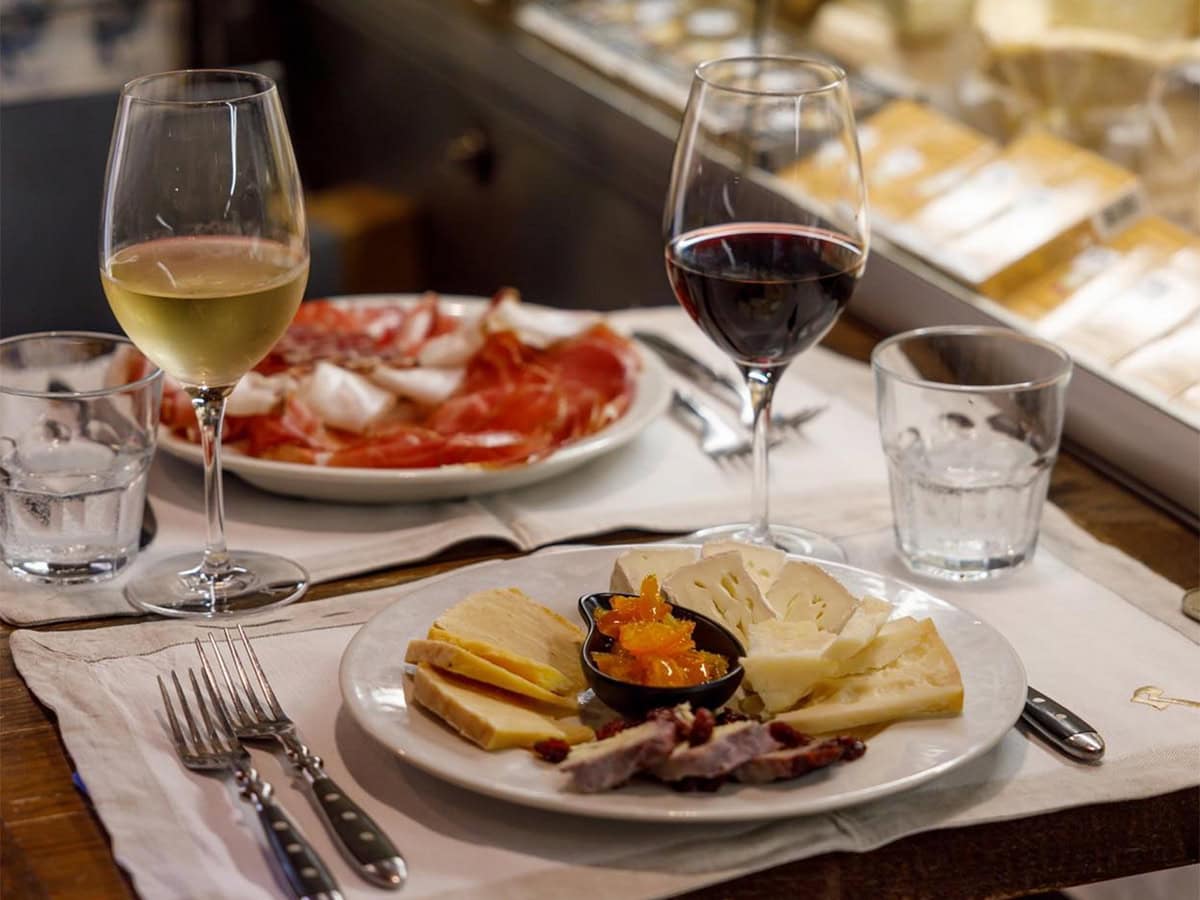 Where to drink in Rome: the best Wine Bars with food selected by Gambero Rosso
Where to drink in Rome: the best Wine Bars with food selected by Gambero Rosso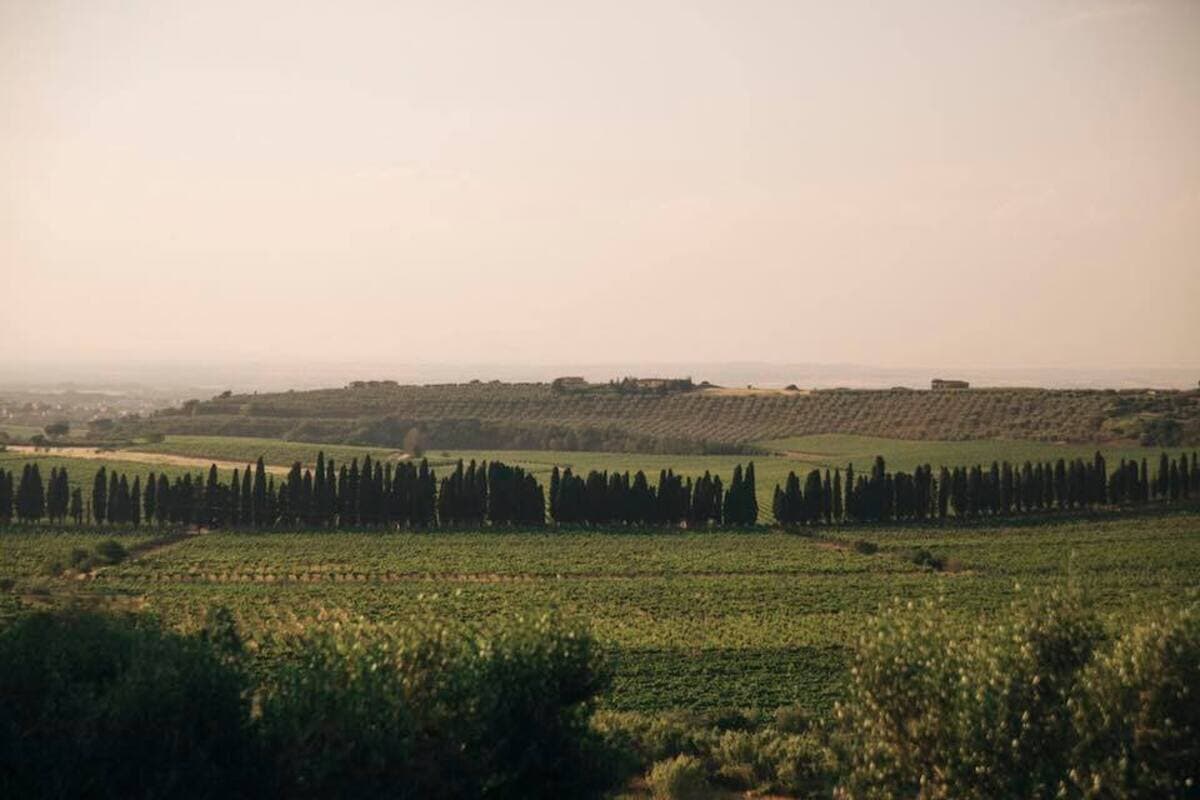 The Consorzio dei Vignaioli del Lazio is born. This is how artisan producers challenge the agro-industrial model
The Consorzio dei Vignaioli del Lazio is born. This is how artisan producers challenge the agro-industrial model Where to eat gelato in Milan: the best spots
Where to eat gelato in Milan: the best spots